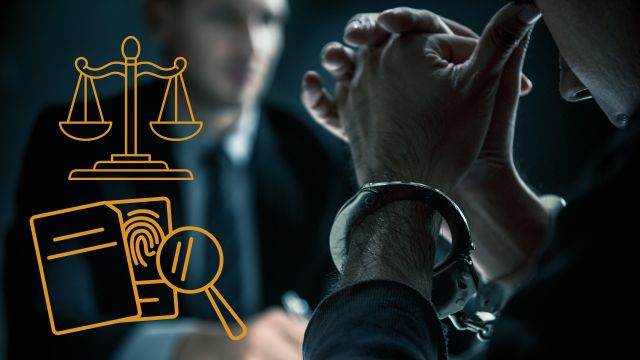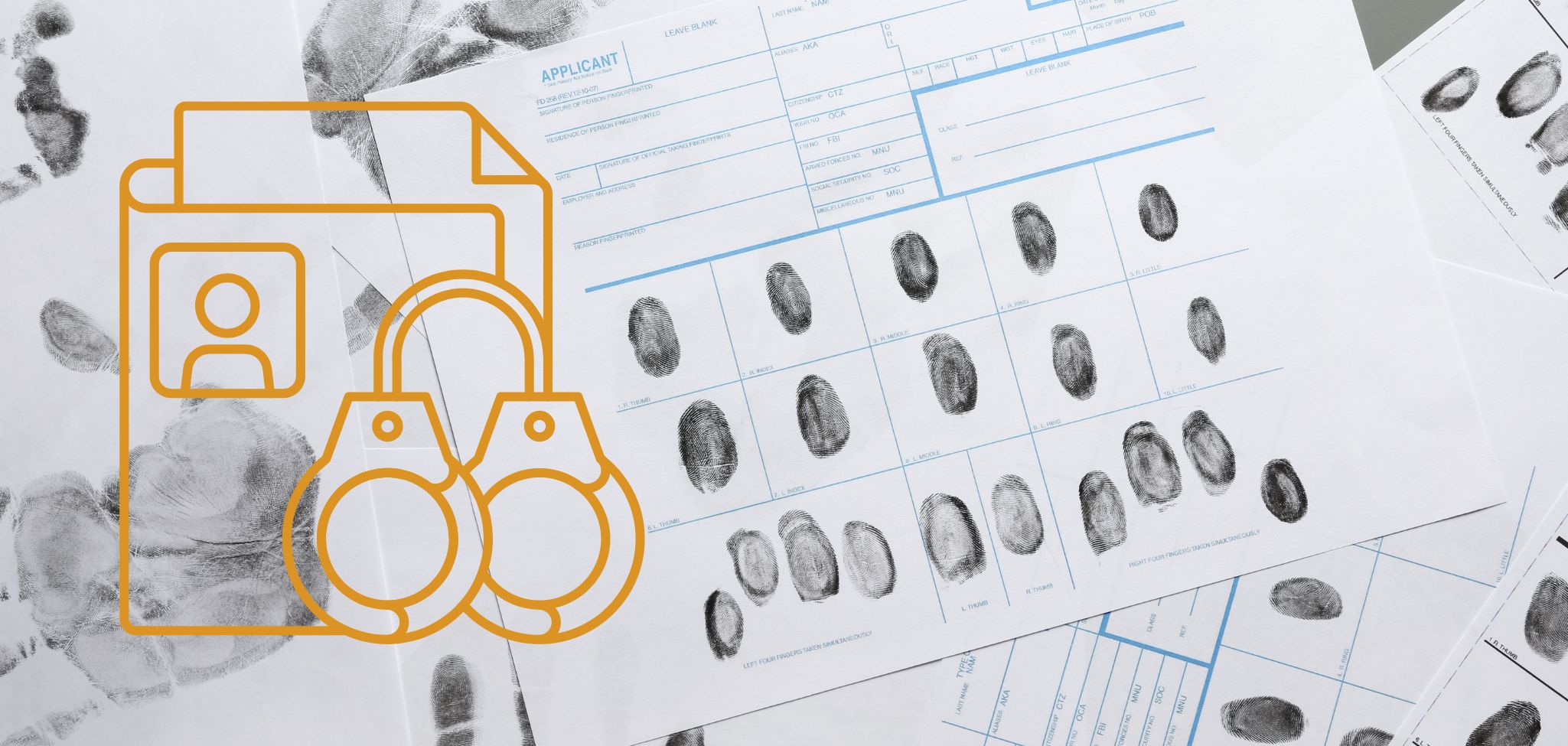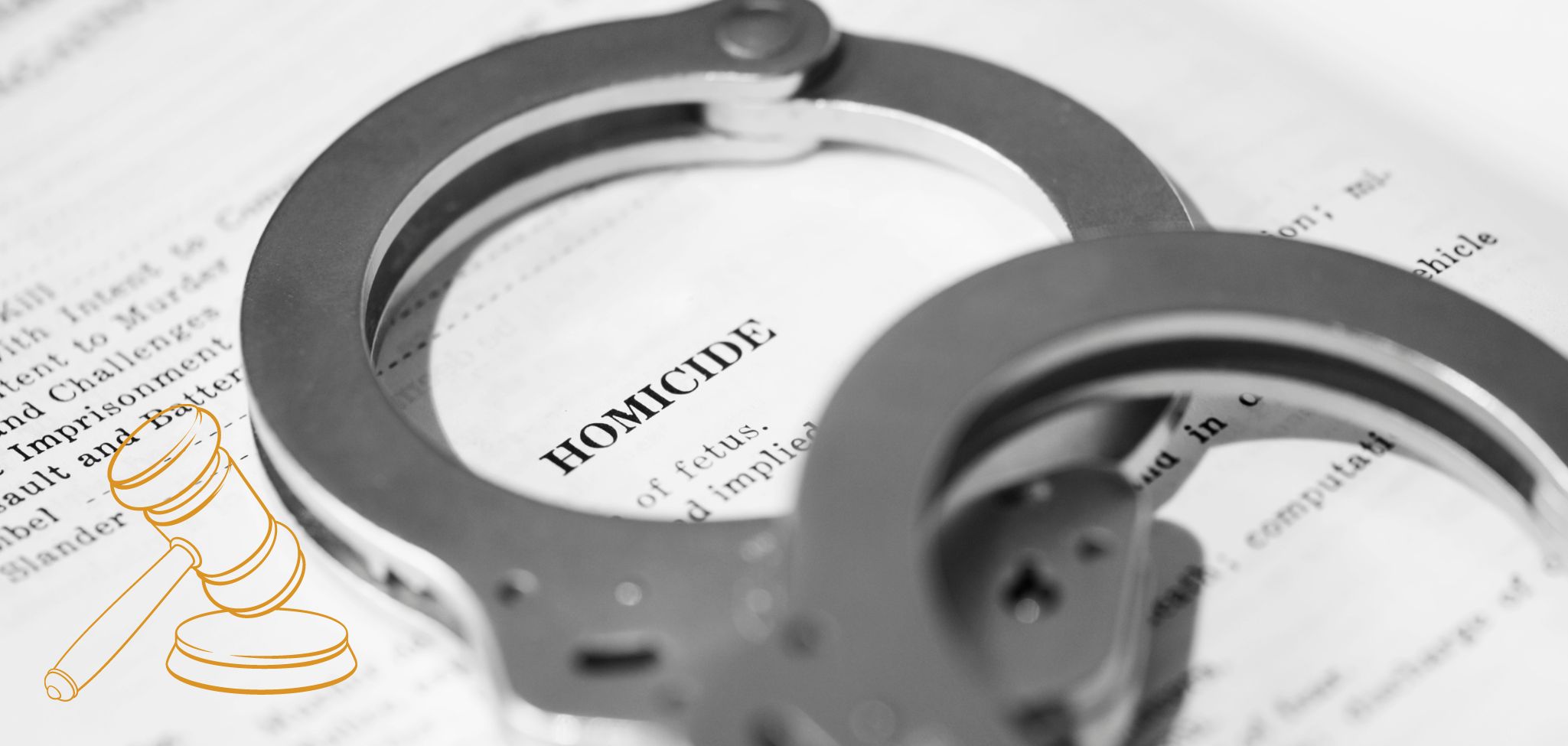The “Burden of proof” is a key criminal law principle which factors into the prosecution of each separate criminal offence. All accused defendants are presumed innocent until proven guilty and therefore criminal cases must adhere to a strict formal process to ensure credible evidence and due process is followed. This includes adherence with human rights and privacy laws throughout the gathering of evidence.
Whilst the prosecution carry the legal burden of proof in criminal cases, the defendant or defence require proof that they did not commit the offence accused. It is not an easy task to prove that the prosecution evidence is incorrect and it is important that any proof or evidence gathered is admissible before the court.
If you have been charged with a criminal offence, the first step you should take, is to seek legal advice immediately. Jameson Law have a team of specialized, knowledgeable lawyers ready to assist with any and all legal matters you may have.
What is Burden of Proof?
“Burden of proof” is the term given to the evidentiary process. When criminal cases are presented to the court, evidence must be provided to help prove beyond a reasonable doubt that the criminal offence was committed by the defendant.
The evidential burden of proof in any matter falls to the prosecution. It is their responsibility to prove that the defendant is guilty. This may sound like it makes the defence job easier but the defendant bears the responsibility of disproving the evidence which is presented by the prosecution. In some instances this is easy and in some it is not.
Evidence is the prosecution’s burden because they are the party which bring the charges initially. It is their responsibility to prove beyond a reasonable doubt that the accused is guilty of the offence. There are essential elements of each charge that must be proven to establish guilty, for example, grievous bodily harm must establish the element of permanent or long term harm to the victim. Otherwise it is only classed as assault.
What is Reasonable Doubt?
Reasonable doubt is the test upon which evidence is measured and it is the foundation for all criminal cases. When a criminal case is being determined, each member of the jury or the judge determining the matter must apply the test of “beyond a reasonable doubt” to the evidence they are presented with.
Simply put, evidence is to be considered through the lens of what a reasonable person would do in the same situation. If the action is ultimately determined to be beyond that of what a reasonable person would do then guilt is proven. If not, a not guilty verdict would be delivered. It is the prosecution’s burden to prove the charge beyond reasonable doubt.
The prosecution’s evidence must prove each element of the charge and in order to adduce sufficient evidence they must be able to present it in multiple different sources. This may be document evidence, oral witness evidence, written witness evidence or video evidence. All the evidence must be presented during the trial or hearing for it to be considered as part of the case.
Case Study
She is aware that the prosecution bears the responsibility of proving beyond reasonable doubt that she is guilty. She is hoping to present the argument of self defence as a reasonable possibility. The accused bears the responsibility of defending against the accused action and she will require proof to support her argument.
Her main defence is that she was engaged in an extreme emotional disturbance with her husband and a family violence incident occurred. She claims that he threatened to kill her and that she had reasonable suspicion that her life was in danger.
The judge rules that Alexandra as the accused person is guilty and that whilst the circumstances were unfortunate, she acted in an unreasonable manner. There was text message evidence to corroborate her claims regarding the argument however the injuries sustained by her husband were excessive and it was ultimately decided that the force used was disproportionate to the threat posed at the time. Some leniency will be given during sentencing however given the circumstances.
What Court Would The Matter Be Heard In?
There are two main different courts that criminal matters and criminal trials are heard in, Magistrate Court and Supreme Court. If the matter is appealed after a decision is made then it is done so to the higher court, i.e if the Supreme Court held/decided a guilty verdict then the matter would be heard in the high court.
The main difference between the two courts is that the Magistrate court deals with summary offences whereas the Supreme Court deals with indictable offences. The lower court is reliant on hearings determined by a magistrate however the Supreme Court is a jury process. The process, evidential burden and burden of proof is the same no matter the court and both criminal prosecution processes are reliant on the principle of beyond a reasonable doubt.
How Is Evidence Presented?
The legal burden or evidential burden falls to the prosecution to prove. All defendants are presumed innocent until proven guilty beyond a reasonable doubt. The accused’s guilt is proven through the presentation of evidence to either the Magistrate, Judge or jury. Evidence is presented in many different forms as discussed below.
Witness Evidence
Witness evidence is essential as it can form some of the most compelling evidence. Witness evidence in oral form includes emotion, moral certainty, and detail which cannot otherwise be provided. Written evidence can be taken no further than what appears on the paper it is written on. There can be no exploration or presumption of circumstances.
For all oral evidence however, written evidence is firstly required. There can be no oral witness statements without that statement first being committed to writing. This attempts to ensure consistency.
Document Evidence
Document evidence is useful, but very black and white. For example a medical document may confirm a mental health diagnosis and may even confirm treatment for the condition, however it will not necessarily describe how that treatment is going. Essential pieces of information are often missing from the document which may help or hinder the other party.
Video or Text message evidence
In today’s society, video, social media and text message evidence is a common occurrence. It is often easy proof to obtain given that it exists in so many different formats and locations. What is challenging however is that it is usually only one side of a larger story and can be easily manipulated or tainted. It could on one hand prove the defendant’s guilt on face value however with more exploration it can become less certain. It is not always reliable evidence.
How Is Evidence Obtained?
One of the most important aspects of the burden of proof is that expedience must be obtained properly and without contamination to be of any use. There are strict rules as to the gathering of evidence and essential elements must be complied with.
In most circumstances, criminal evidence is obtained by the police though probable cause and more often than not, a search warrant. Criminal procedure and criminal standard require that all evidence be obtained legally and with probable cause which translates simply to a reasonable presumption that such evidence exists. It is a breach of human rights and privacy for police to simply fish for information because they suspect guilt. There must be reason for them to look for it.
If evidence is gathered by the police for the prosecution which does not adhere to the standard of proof then that evidence will become inadmissible and the judge can refuse to hear it. This is often classed as due process for example. The standard of proof requires that the jury not be presented with evidence that is inadmissible.
This is one of the core reasons why it is important to obtain legal advice if you have been accused of committing a crime. Your lawyer will be able to assess the evidence and decide, not only whether you should plead guilty or not guilty to the charge but also assess which evidence can be used and what cannot be used.
Case Study
Unfortunately, the judge decided that criminal law imposes a severe penalty on George and he received 5 years imprisonment. This seemed inconsistent to George's lawyers when considered against the severity of the circumstances as George's offending was on the lower end of the scale and was the result of an extreme emotional disturbance at his home.
The High court noted that such a case as assault should be dealt with caution due to the level of violence involved but that greater discretion should have been given for the surrounding circumstances. The criminal code merely suggests punishment but does not require any certain punishment to be given. Whilst the High court still found the accused guilty of the charges beyond a reasonable doubt they considered the penalty to be excessive and reduced it.
Civil Law Cases
A civil case is not held to the same standard of proof as criminal cases and the matters are far less adversarial. Civil law cases consider a more black and white approach to the law and they do not include trial by jury. There is not necessarily a presumption applied when dealing with civil law and it shies away from the term “defendant”. Rather, the terms used reflect that of “applicant” and “respondent”.
There is no prosecution involved when it comes to civil law cases as the matters are brought between individuals rather than by the state. The legal burden of proof falls to the applicant as they must establish that the matter exists. This means that it falls to the applicant to prove that a wrong has been committed.
Most civil cases resolve easily as it is a simple dispute of facts and the standard of proof is low. There is not necessarily a determination of guilt as civil law cases are not considered through the terms guilty and innocent rather they are either proven or not proven and compensation or rectification is payable.
In a nutshell...
The criminal code is a guide for how criminal matters should be handled however other legislation may need to be referred to depending on the burden at hand. There is always a presumption of innocence until proven guilty according to the standard of proof.
Civil law cases are not held to the same legal burden of proof as criminal cases and instead are held to the civil standard. There is an entirely different process that must be followed. There is no jury process and no determination of guilt which creates a far less adversarial process.
It is essential that the first step for every person charged with an offence is to seek legal advice immediately. Not only will your lawyer be able to advise you which plea to enter and help you through the due process, they will be able to assess the prosecution's evidential burden and identify the weak arguments.

 (02) 8806 0866
(02) 8806 0866





